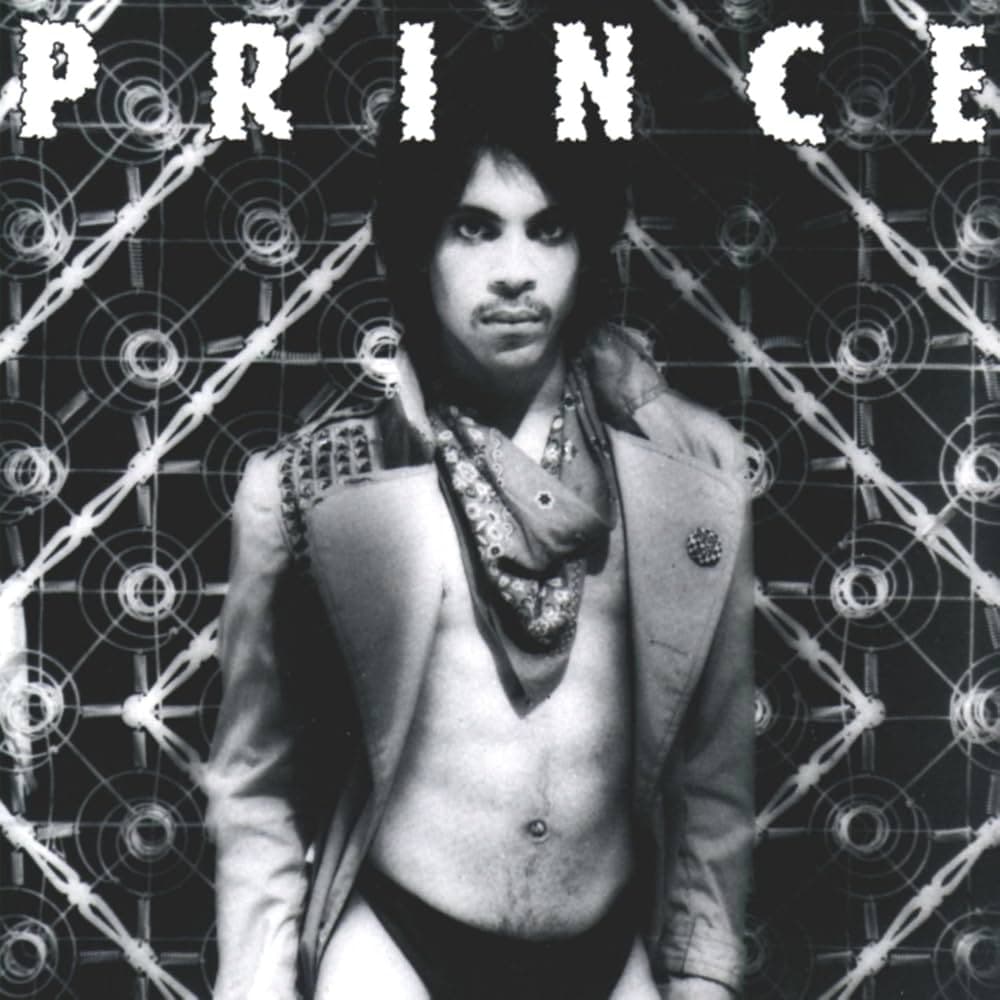Prince's 1980 Album 'Dirty Mind,' Recorded by a 22-Year-Old, Celebrated for Rewiring Pop DNA

Prince's groundbreaking 1980 album, "Dirty Mind," is being celebrated for its pivotal role in transforming popular music. Released on October 8, 1980, the album marked a significant departure for the then 22-year-old artist, who recorded the influential work largely independently in his home studio, asserting complete creative control. This period saw Prince fully realize his musical vision, blending diverse genres and pushing lyrical boundaries.
The album, described in a recent social media post as "A basement-made manifesto recorded 'Somewhere in Uptown' by a 22-year-old prodigy on a 16-track machine," was notable for its raw production. Prince handled most of the instrumentation and engineering, credited under the pseudonym Jamie Starr, with official discography notes confirming the recordings were initially intended as demos before his insistence on their release. This approach allowed for "No label interference. No co-producers. No shame," according to the tweet, embodying "Just a dirty mind & divine control."
"Dirty Mind" fused rock, synth-pop, funk, new wave, and R&B, incorporating more rock-oriented beats and punk elements than his previous works. Critics widely acclaimed its genre-defying sound and sexually explicit lyrical themes, which explored topics like gender bending and voyeurism. Despite Warner Bros. Records' initial concerns over controversial tracks like "Head" and "Sister," Prince's artistic integrity prevailed.
Commercially, the album reached number 45 on the US Billboard Top LP's & Tapes chart and number 7 on the Billboard Soul LPs. Its lead single, "Uptown," became a dancefloor hit, climbing to number 5 on both the Billboard Hot Soul Singles and Hot Dance Club charts. The album's success led to its certification as Gold by the RIAA in 1984, solidifying its commercial impact.
Retrospectively, "Dirty Mind" is considered a landmark album that set the blueprint for the "Minneapolis sound," influencing urban soul and funk throughout the early 1980s. Publications like Pitchfork, Slant Magazine, Rolling Stone, and NME have consistently ranked it among the greatest albums of all time, recognizing its enduring legacy and Prince's audacious artistic statement.